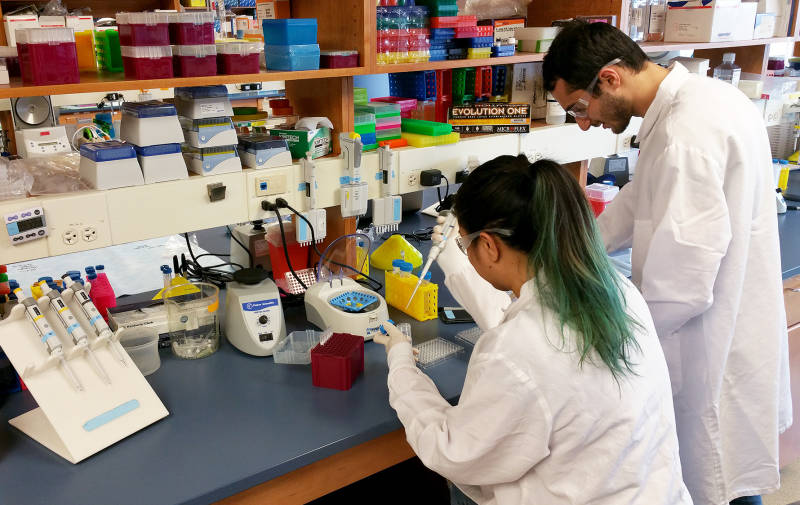Updated Sunday, March 20: The CDC said Friday it had approved the emergency use of a new test for the Zika virus. The test, called a Trioplex Real-time RT-PCR Assay, represents a diagnostic breakthrough in that it will also detect infections by chikungunya and dengue. Previously, those viruses could only be identified with separate tests.
The new test was approved at the request of the CDC. It "will potentially allow CDC to more rapidly perform testing to detect acute Zika virus infection," the CDC said.
The test, which was developed by the CDC's Dengue Branch in San Juan, Puerto Rico, will be distributed to "qualified laboratories" in the Laboratory Response Network, created in 1999 to respond to bioterrorism but which has since branched out to tackle other health emergencies. The test will not be available in U.S. hospitals or other primary care settings, the CDC said.
Dr. Michael P. Busch, director of the Blood Systems Research Institute and a professor of laboratory medicine at the University of California, San Francisco, is familiar with the new CDC test. He said the test will only detect the virus for a period of 1-2 weeks, when it's actively replicating and those infected are showing symptoms.
"If you're a pregnant woman and coming back from Brazil," he said, the virus may be long gone from your body. It could have affected your fetus, but [your] blood is no longer positive for the virus."

